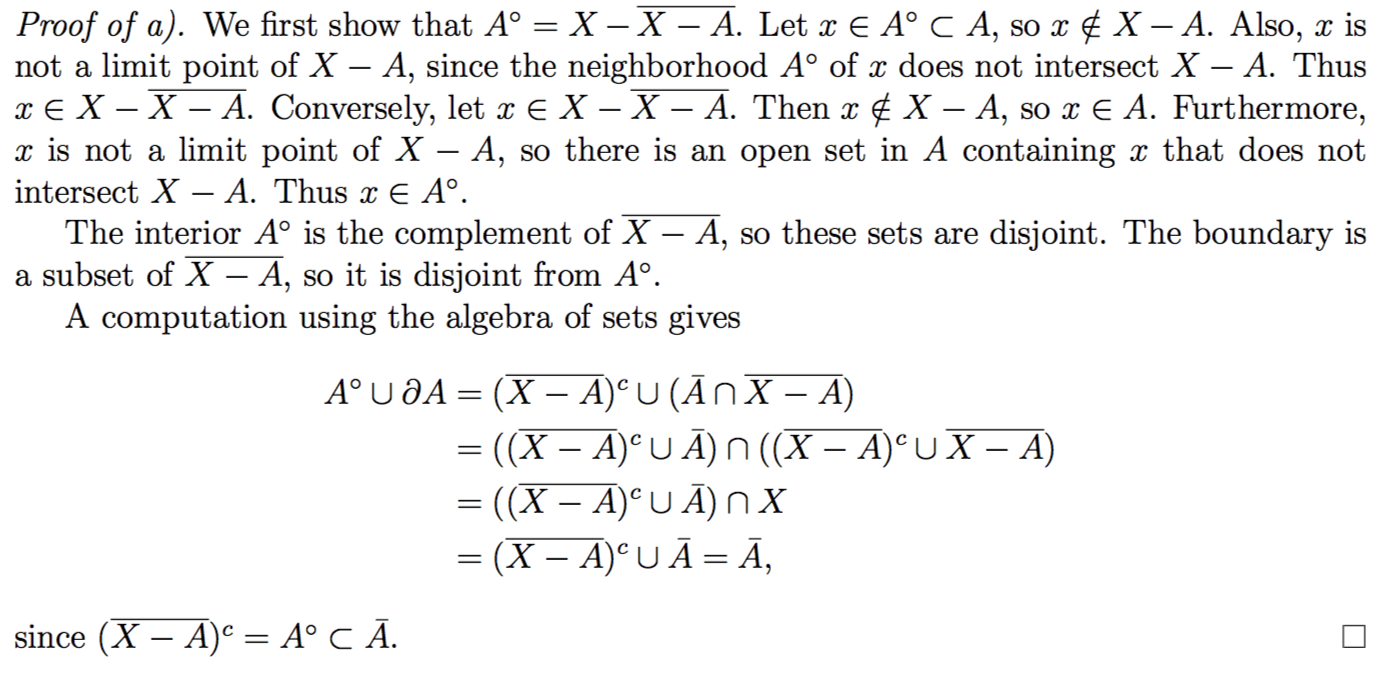user116211
user116211
user116211
user116211
user116211
user218912
user218912
user218912
user218912
user218912
user218912
user218912


